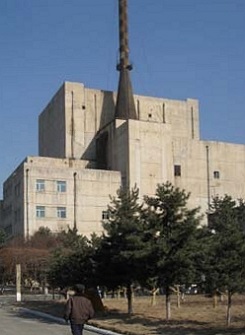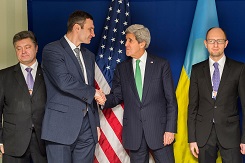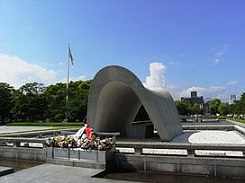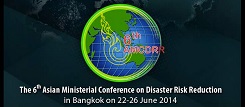By Valentina Gasbarri* | IDN-InDepth NewsAnalysis
ROME (IDN) – Worldwide, there is increasing recognition that faith and religion play a vital role in promoting peaceful and harmonious relationships within and between nations.
For more than half a century, the United Nations, the European Union and numerous other international and regional organizations have affirmed the principle of religious freedom. Journalists and pro-human rights organisations have reported on persecution of minority faiths, outbreaks of sectarian violence and discrimination practices against religious individuals and communities in many countries.





